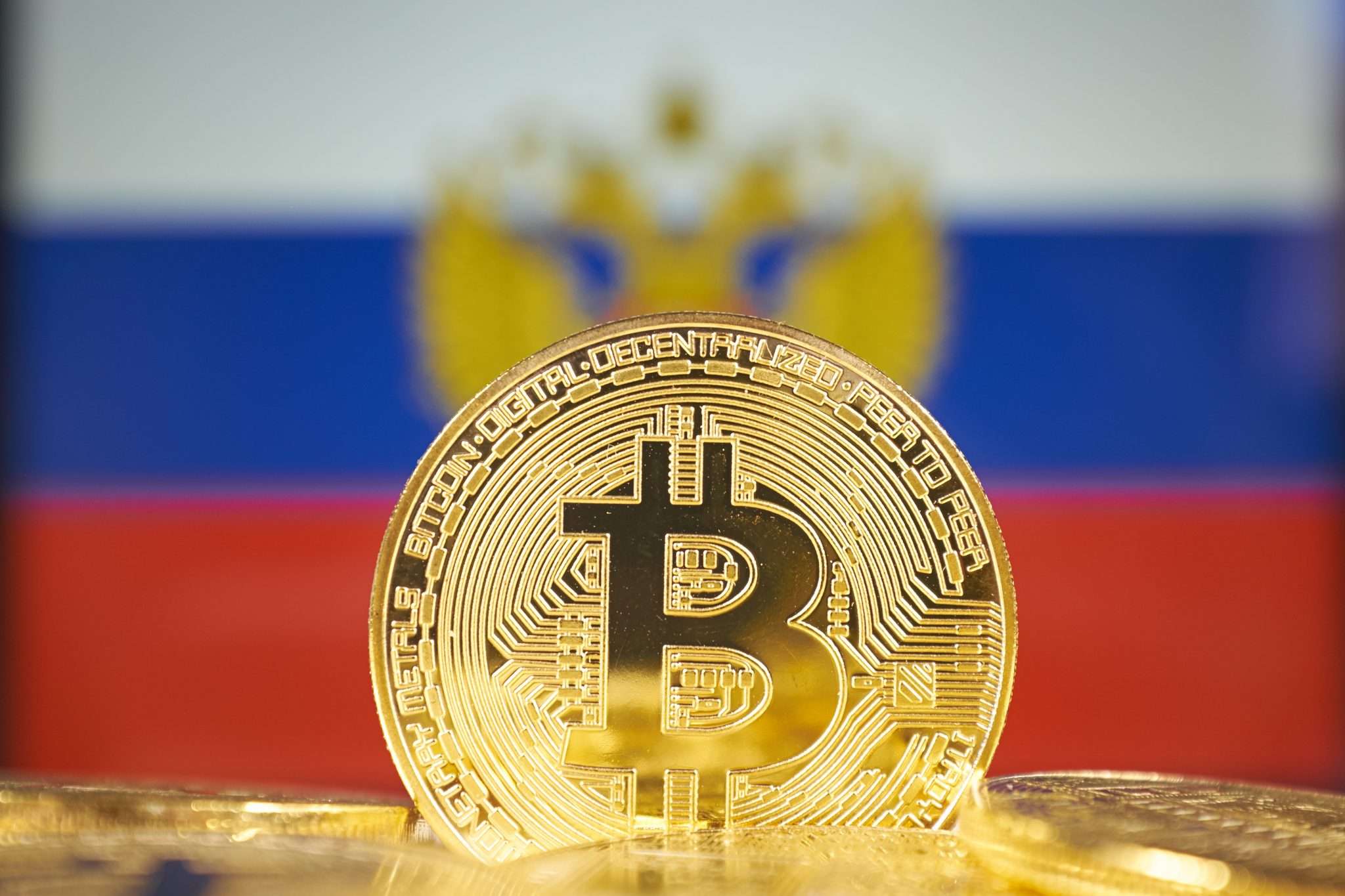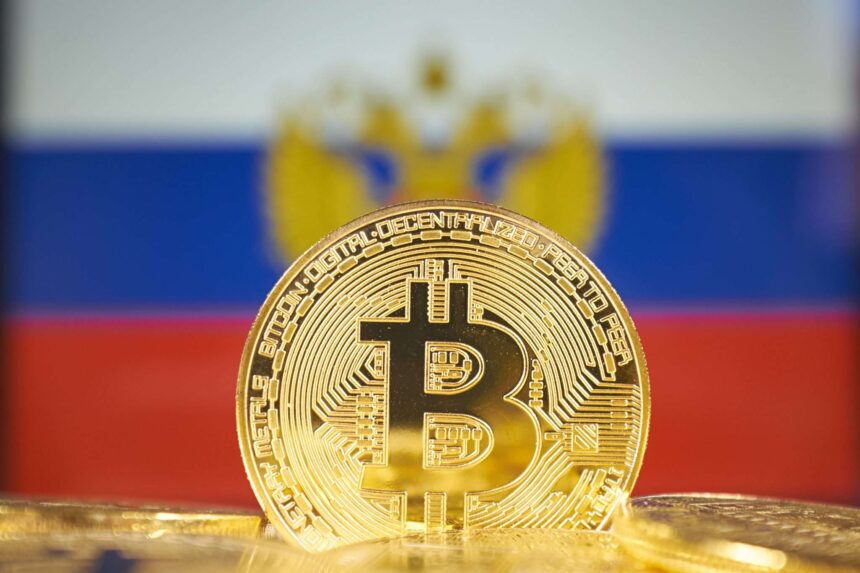
- Russia is moving forward with a proposal that mandates banks and merchants to implement the digital ruble, the nation’s central bank digital currency (CBDC), via legislation introduced in the State Duma.
- By mandating the digital ruble, Russia could potentially lay the groundwork for embracing cryptocurrencies, specifically Bitcoin, within its financial system.
A draft bill has been submitted to the Russian State Duma to make the digital ruble mandatory for banks and merchants, along with the implementation of a universal QR code payment system to make payment processes more efficient, thereby supporting the effective use of the digital ruble. According to the legislation, it is mandatory for businesses with annual revenue exceeding 30 million to enable ruble payments, with the threshold decreasing to 20 million rubles by July 2026.
Chairman of the Duma Financial Markets Committee, Anatoly Aksakov, led the proposal to be officially submitted to the electronic database of the lower houses. The proposed legislation outlines a gradual introduction of the digital ruble, commencing from July 1, 2025, initially targeting systemically important banks that play a crucial role in maintaining national economic stability.
Consumer protection laws will require merchants and banks to comply with these standards to enhance overall adoption. Additionally, the bill dictates that for digital ruble transfers, including payments to businesses, notaries, lawyers, and various professionals, QR codes must be used, except where the digital ruble platform outlines other methods.
Is the Digital Ruble a Catalyst for Crypto Adoption?
As Russia takes bold steps towards digitization, questions arise about the future of cryptocurrencies in the nation. The digital ruble could serve as a precursor to more comprehensive cryptocurrency legislation. Analysts speculate that the ease of transaction facilitated by the digital ruble might create a favorable environment for Bitcoin and other digital currencies to flourish.
This legislative action comes at the same time as the rise of national interest in crypto operations. Russia’s national wealth fund has lately made investments in Bitcoin mining among the BRICS countries, along with efforts to reduce the dollar’s influence on the nation.
In line with this trend, the Federation Council of Russia approved a federal bill that introduced new taxes on cryptocurrency transactions, passed on November 27. This legislation classifies digital currencies as property and imposes a 13% to 15% personal income tax on cryptocurrency sales while exempting Russian crypto miners from value-added tax (VAT) on mined coins. The new rules require miners to register with the Federal Tax Service and provide detailed information about their assets and wallet addresses.
While the country is exploring the potential of cryptocurrencies, Russia’s Finance Minister Anton Siluanov has stated that while the country is open to the idea of creating a strategic Bitcoin reserve, the current time is not suitable due to the cryptocurrency’s inherent volatility risks. Despite acknowledging the significant profits that crypto investments can yield, Siluanov emphasized that cryptocurrencies are less predictable than more established assets.






